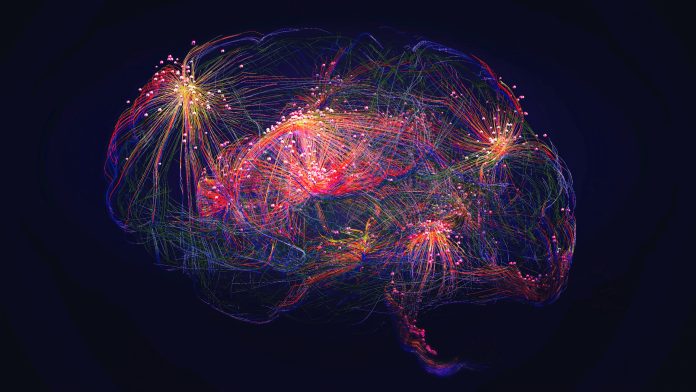Superintendent Pharmacist Carolina Goncalves explores various factors impacting brain health, covering ways individuals can optimise their brain health as well as the latest developments in neuroscience research
Maintaining and enhancing brain health is crucial for cognitive functions. Research suggests that personal choices and habits can decrease the risk of neurological conditions.
I want to begin by identifying several key factors that influence overall brain health, both voluntary and involuntary, and provide recommendations for personal improvement. Then, I will explore potential directions for brain health policy and research based on recent studies from reputable sources.
Supporting brain health through nutrition
One of the key areas for childhood brain function is proper nutrition, as the brain requires essential nutrients to function optimally. A balanced diet rich in healthy fats, proteins, vitamins, and minerals supports vital cognitive functions associated with memory and emotional wellbeing.
Omega-3 fatty acids, found in foods like fish, flaxseeds, and walnuts, are particularly important for brain cell development and communication. Protein sources such as eggs, lean meats, and beans aid in the production of neurotransmitters, which regulate learning, mood, and concentration.
Additionally, antioxidants found in berries and dark leafy greens help protect the brain from oxidative stress, enhancing memory and focus. Ensuring a child’s diet includes these key nutrients can significantly contribute to their cognitive growth and overall mental performance.
The importance of sleep
A significant area of study in neuroscience is sleep. Good sleep is essential for maintaining brain plasticity, as it plays a crucial role in consolidating memories, strengthening neural connections, and clearing out metabolic waste that accumulates during wakefulness.
During deep sleep, particularly slow-wave sleep, the brain undergoes synaptic pruning, which is a process that refines and optimises neural networks by strengthening important connections while eliminating weaker ones. This is vital for learning, problem-solving and cognitive flexibility.
Additionally, sleep promotes the release of brain-derived neurotrophic factor (BDNF), a key protein that supports neuron growth, repair and survival, further enhancing plasticity. The glymphatic system, which is more active during sleep, helps flush out toxins such as beta- amyloid, a protein linked to neurodegenerative diseases like Alzheimer’s. By ensuring adequate, high-quality sleep, individuals can support ongoing brain adaptation, cognitive function, and long-term neurological health.
Maintaining brain health as you age
Entering middle age, neurological concerns change, and people tend to look more towards preventing the onset of conditions rather than maintaining good brain health in general. With this in mind, one of my main strategies to prevent conditions is maintaining cardiovascular health through regular physical activity and a balanced diet.
The brain relies on a healthy circulatory system to receive adequate oxygen and nutrients, and conditions such as high blood pressure, diabetes, and high cholesterol significantly increase the risk of neurodegenerative diseases like Alzheimer’s and stroke.
Engaging in regular aerobic exercise, such as walking, swimming, or cycling, improves blood flow to the brain, reduces inflammation, and promotes the release of brain-derived neurotrophic factor (BDNF), a protein that supports neuron survival and cognitive function.
Neurological research
Neurological research has recently seen important innovations in neuromodulation, such as the use of brain implants to treat conditions. For instance, a new brain implant called Picostim has been developed to reduce seizures in epilepsy patients by sending electrical signals to block abnormal impulses. This technology is also being explored for treating Parkinson’s disease, chronic pain, and incontinence. Additionally, the development of graphene-based implants aims to enhance precision in neuromodulation therapies.
“Omega-3 fatty acids, found in foods like fish, flaxseeds, and walnuts, are particularly important for brain cell development and communication. Protein sources such as eggs, lean meats, and beans aid in the production of neurotransmitters, which regulate learning, mood, and concentration.”
Elsewhere in neuroscience, we are seeing a growing interest in meditation as a beneficial practice for brain development. A study conducted by researchers at Imperial College London explored how meditation affects brain activity and found that intensive meditation sessions have an immediate and visible impact on practitioners’ brainwaves, particularly during sleep.
Researchers observed changes in brainwave patterns, suggesting that meditation can alter neural activity associated with various cognitive and emotional processes. These findings contribute to a deeper understanding of the neurophysiological effects of meditation and may inform future research on its potential therapeutic applications.











